The finish line in sight? Djokovic's race against time is no longer about quantity.
When Djokovic announced his withdrawal from this year's Paris Masters, tennis legend Rennae Stubbs added a profound layer to this somewhat melancholic moment. The future of this 24-time Grand Slam champion is now under unprecedented scrutiny: how much longer will he continue playing?
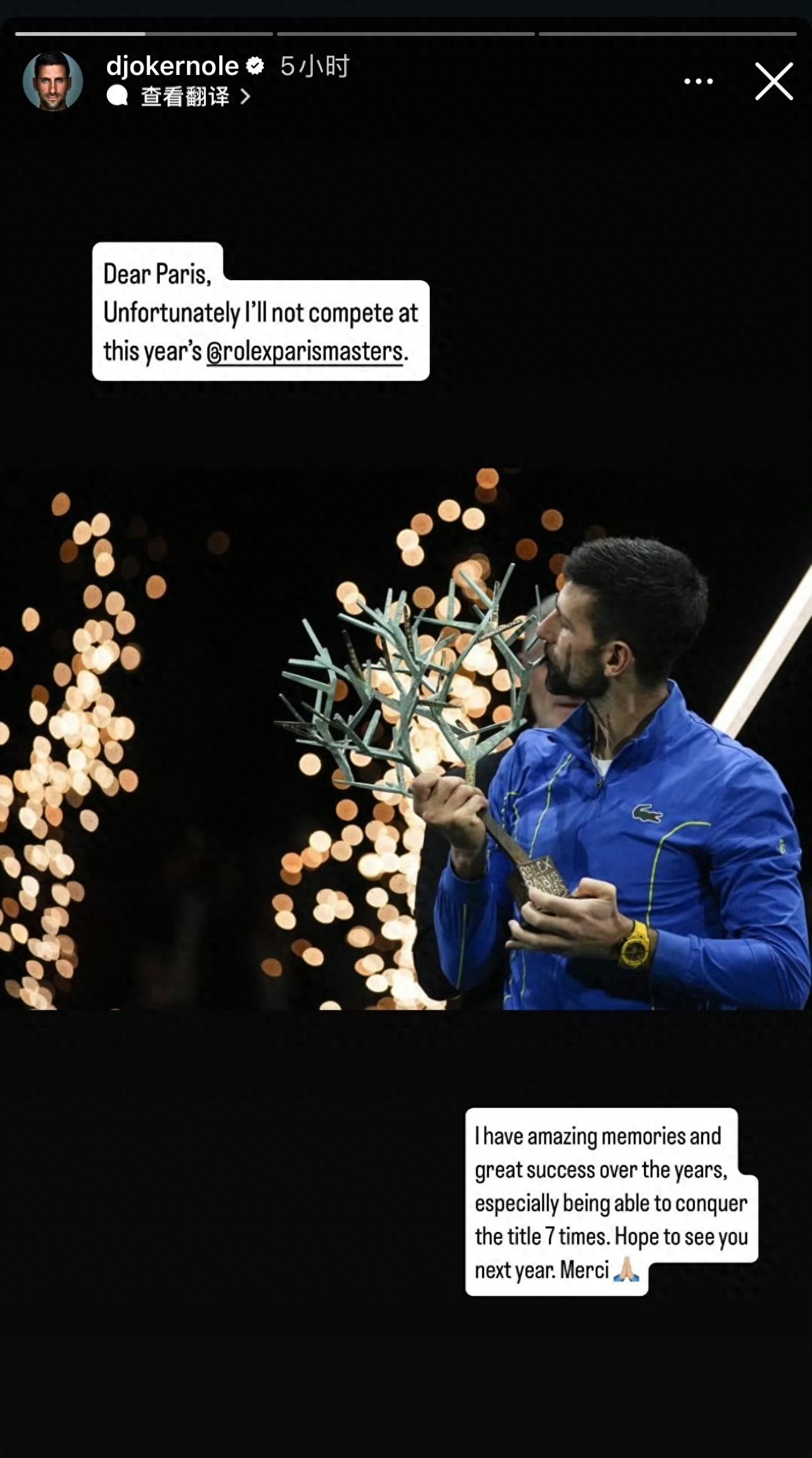
Stubbs' viewpoint was sharp and straightforward: "Novak seems to have lost a sufficient edge over some players... Time eventually catches up with everyone." She further asserted that Djokovic might not persist until the 2026 French Open and Wimbledon, with the key reason being: "He is no longer chasing another Masters or 500 title, as he already holds all the records. Therefore, he has no real reason to keep competing."
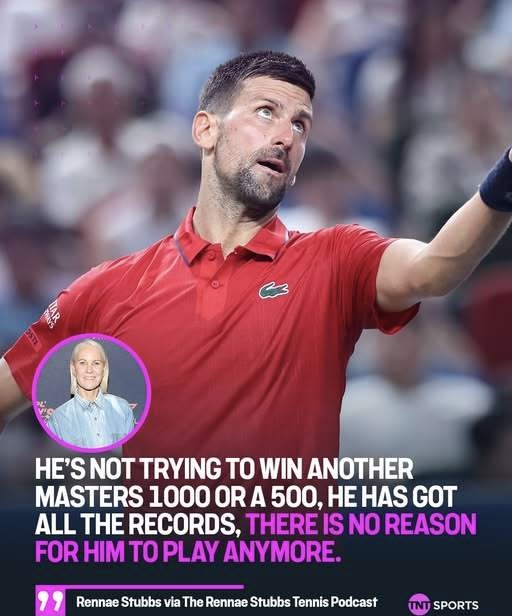
These remarks cut like a precise scalpel into the core state of Djokovic's career at present. We must acknowledge that Stubbs touched on an unavoidable truth: for Djokovic, who holds unprecedented records, the usual tennis accolades have lost their appeal.
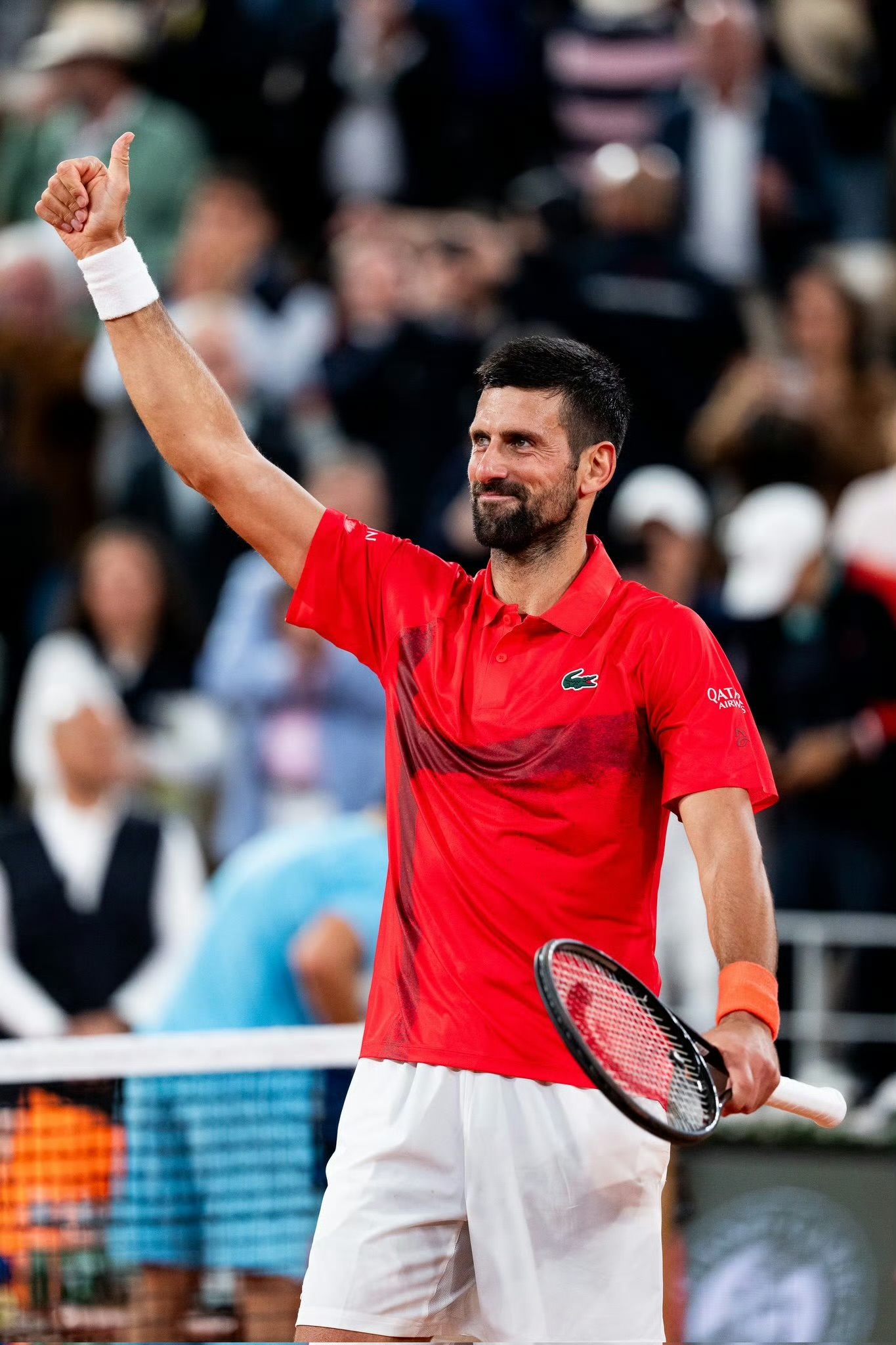
Look at Djokovic's list of achievements: the most Grand Slam titles in history, the most Masters titles ever, the most weeks ranked world No.1... In terms of numbers, he has claimed every record that can be broken or unbreakable. An additional Masters or 500 title is merely a garnish, unable to stir the deepest passions within him.
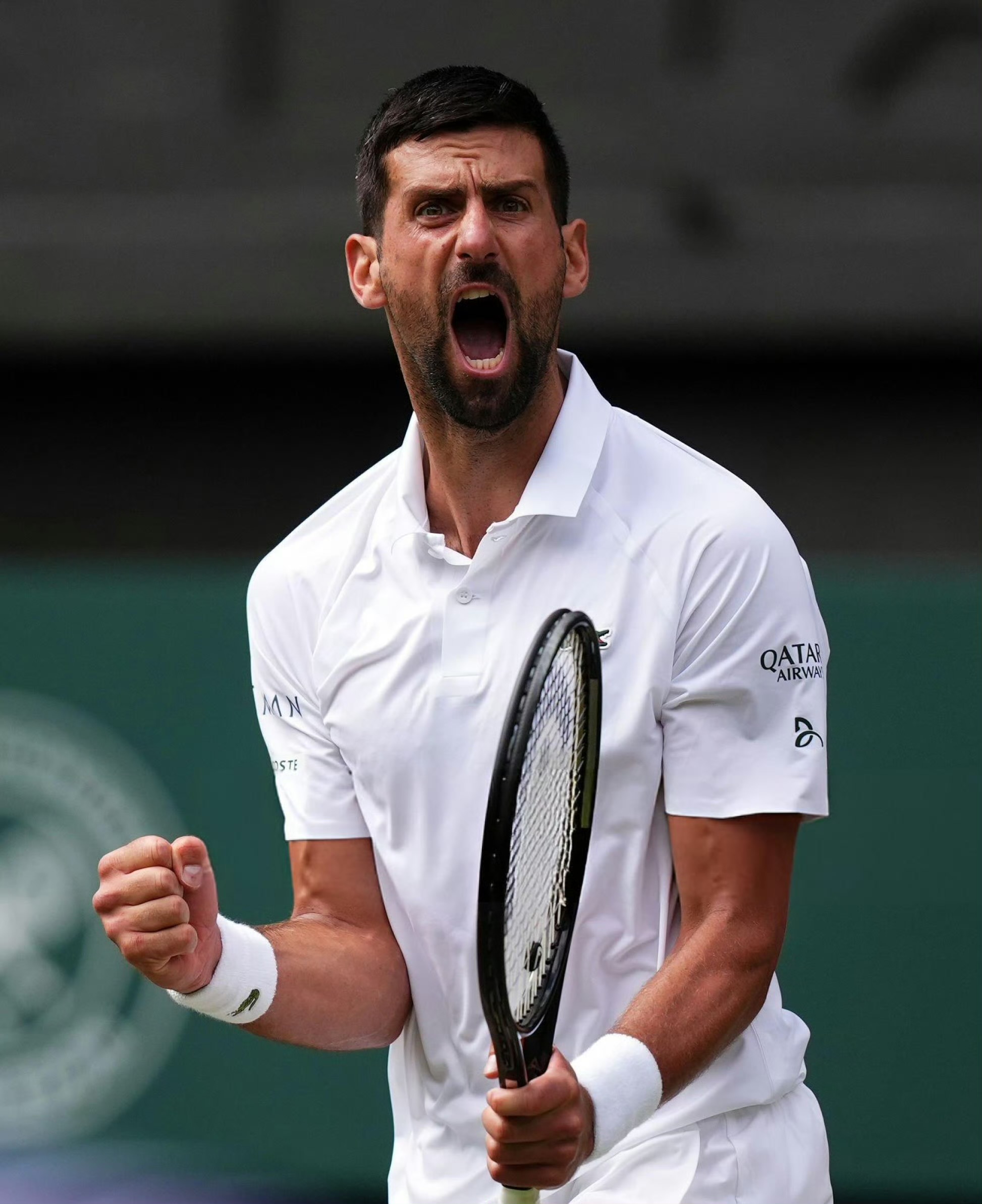
His source of motivation has fundamentally shifted. In the past, he was a pursuer aiming to surpass Federer and Nadal’s peaks; now, he is the record holder. When the drive changes from surpassing others to surpassing oneself, the goal’s threshold is raised to a level few can reach.
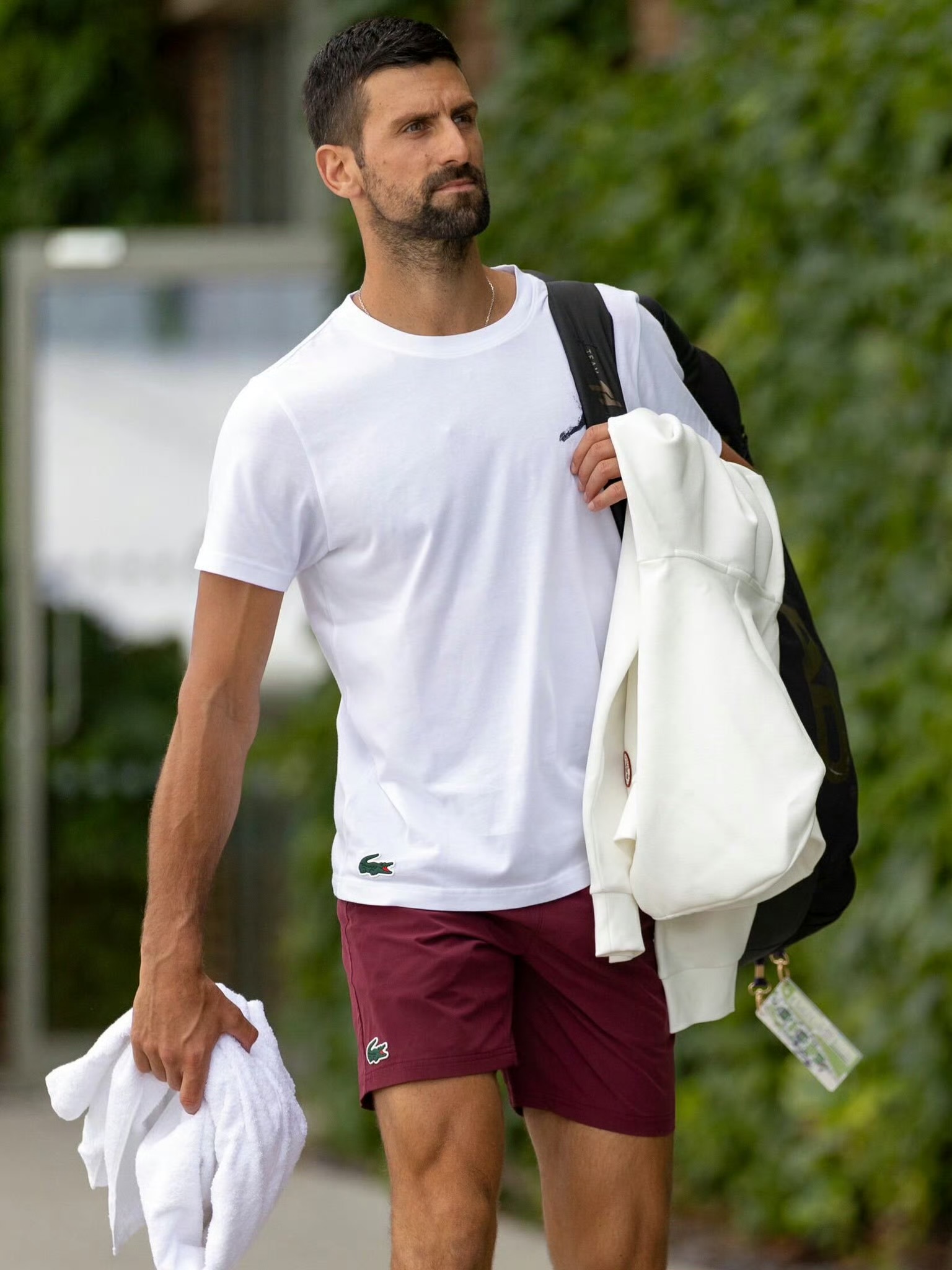
So, why does he remain on the court?If Stubbs is correct that he has no reason to compete, how do we explain his continued training and participation? The answer might lie in the fact that Djokovic is now driven not by quantity but by quality and meaning.
1. The ultimate Grand Slam allure: Although Masters and 500 tournaments no longer captivate Djokovic, Grand Slams—especially Wimbledon and the Australian Open—remain his holy grail. Winning another Grand Slam would further extend his records and make it even more hopeless for challengers. This is not just a numbers game but an absolute consolidation of his historical status. As long as his body allows and he believes he is competitive, Grand Slam titles will remain his ultimate unattainable goal.
2. Love for tennis and commitment to his team: We must not overlook that Djokovic still loves the sport. Moreover, he is supported by a large team, and his persistence also concerns their careers and emotional bonds. He has stated on multiple occasions that as long as he can stay competitive and enjoy the game, he will continue playing.
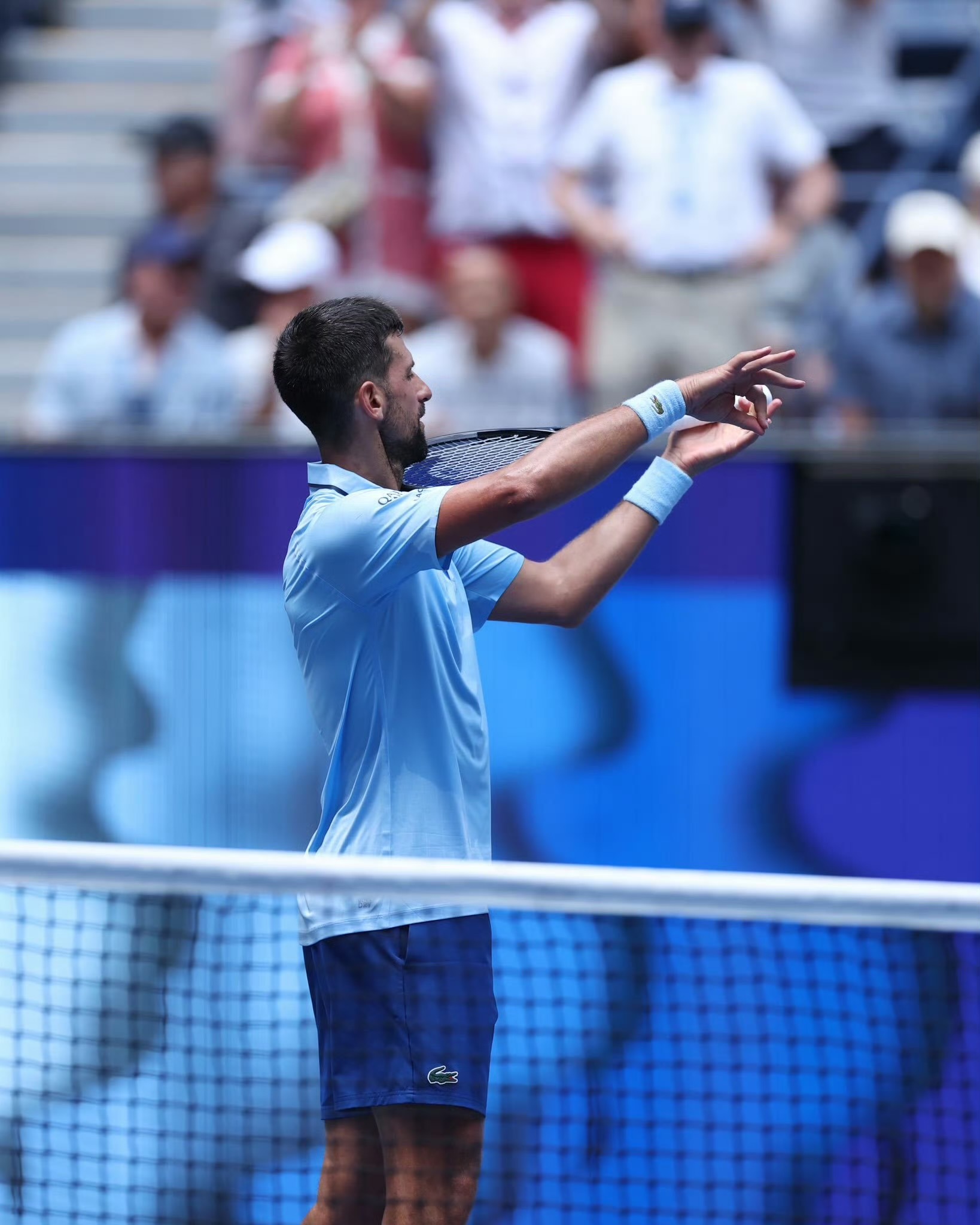
Stubbs’ other observation is equally precise: "Time will inevitably catch up." This season, Djokovic’s form has indeed fluctuated. Injuries have become more frequent, and against some younger and even mid-career players, his once-impenetrable defense and clutch dominance seem less absolute. This is the natural order; no one can escape it.
His match strategy has changed accordingly. We have seen him streamline his schedule, focusing all his energy on the most important tournaments. This selective participation itself is a compromise and a wise adaptation to age and physical condition.
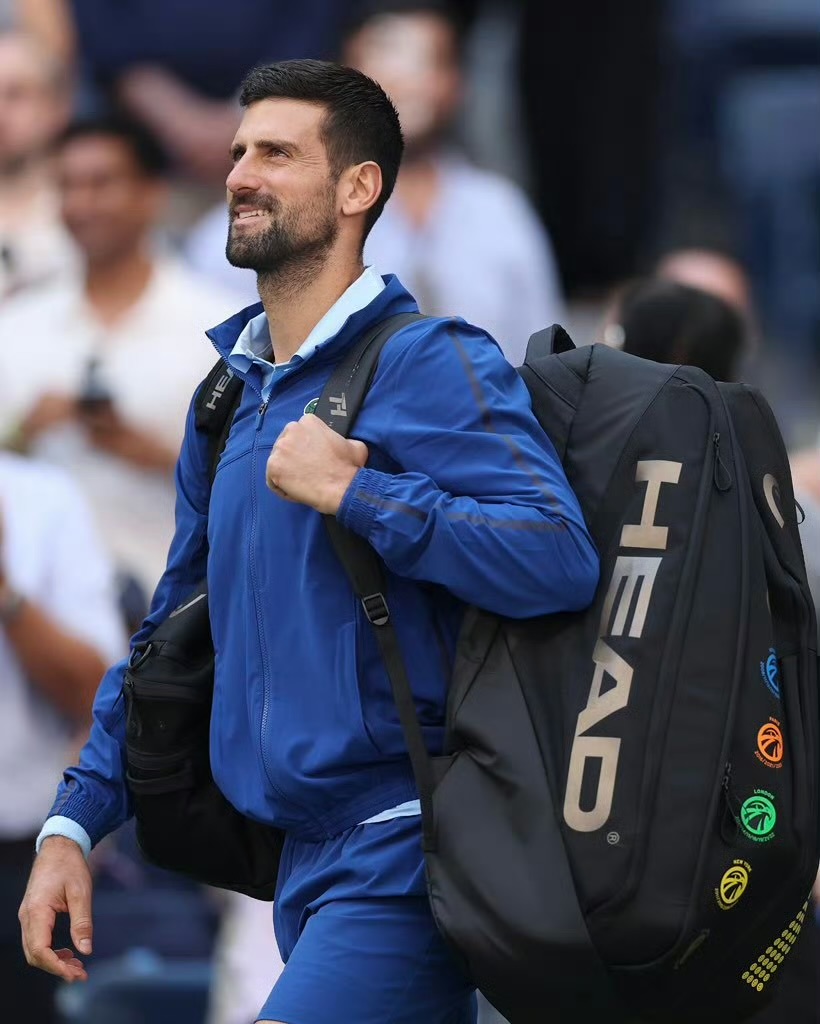
Therefore, Stubbs’ judgment may be somewhat absolute in reasoning but points clearly to the trend. Djokovic no longer competes for ordinary titles. Every appearance is a purposeful campaign: aiming for historic moments at Grand Slams.
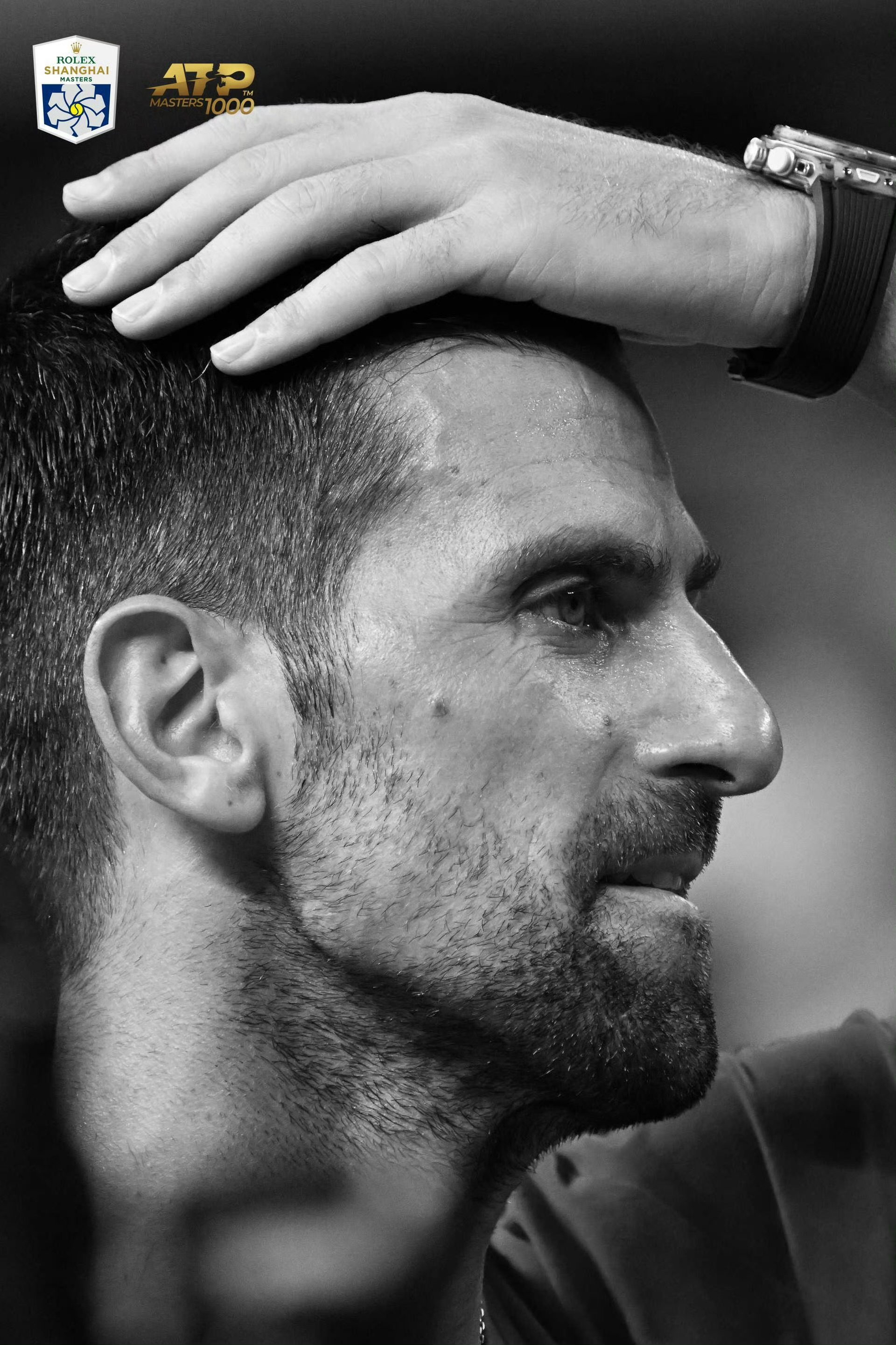
He will not play indefinitely. The 2026 French Open and Wimbledon may be a reasonable milestone. When he feels he no longer has the absolute strength to contend for Grand Slam titles, that farewell moment might quietly arrive.
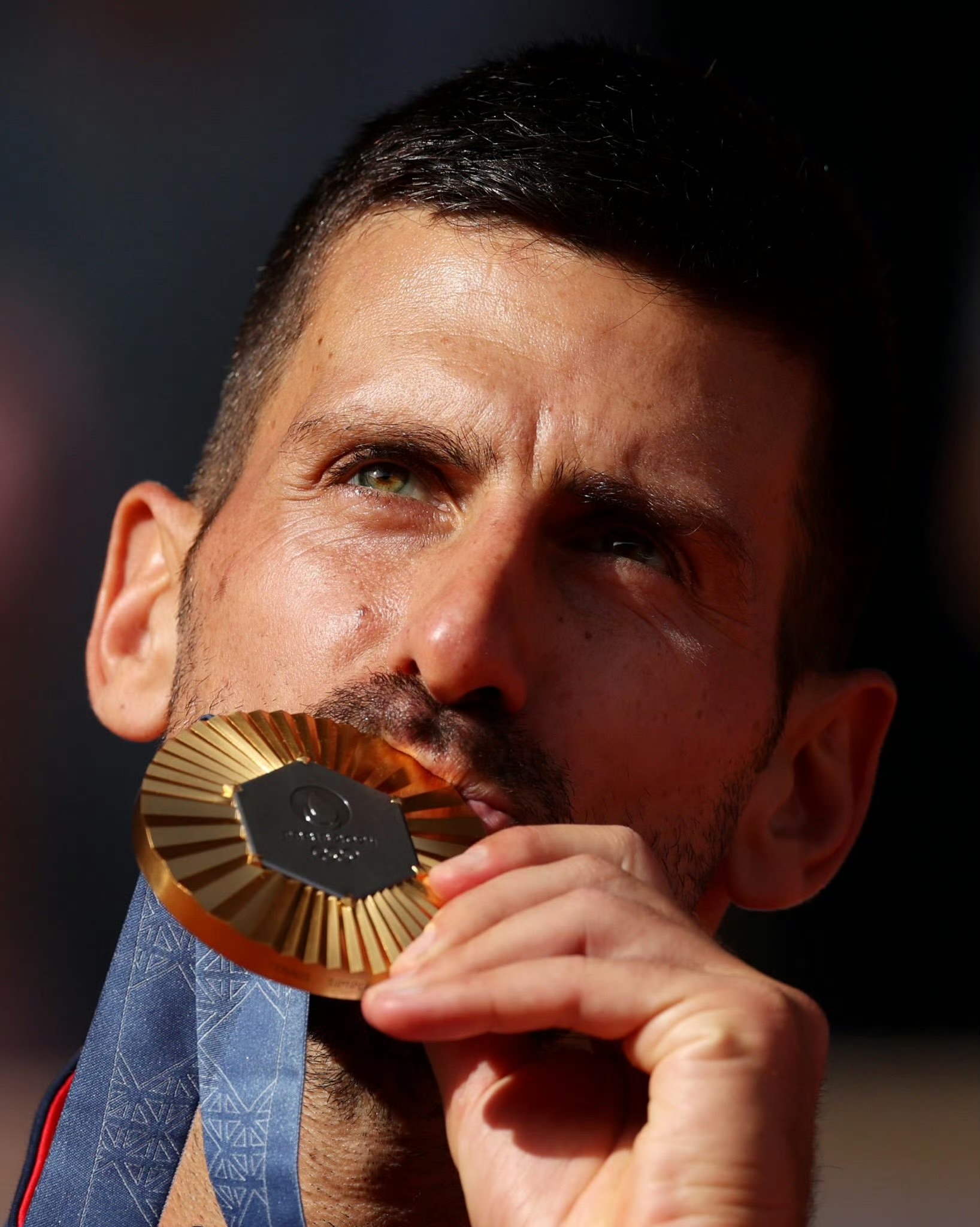
Djokovic’s race against time has entered its final phase. What he leaves behind is not a resume needing more titles but a monument that future generations can only admire. Everything he does now is not to prove he can still play but to place the most fitting final period on his legendary career on the grandest stage.(Source: Tennis Home Author: Mei)







 Links
Links
 Contact
Contact
 App
App


